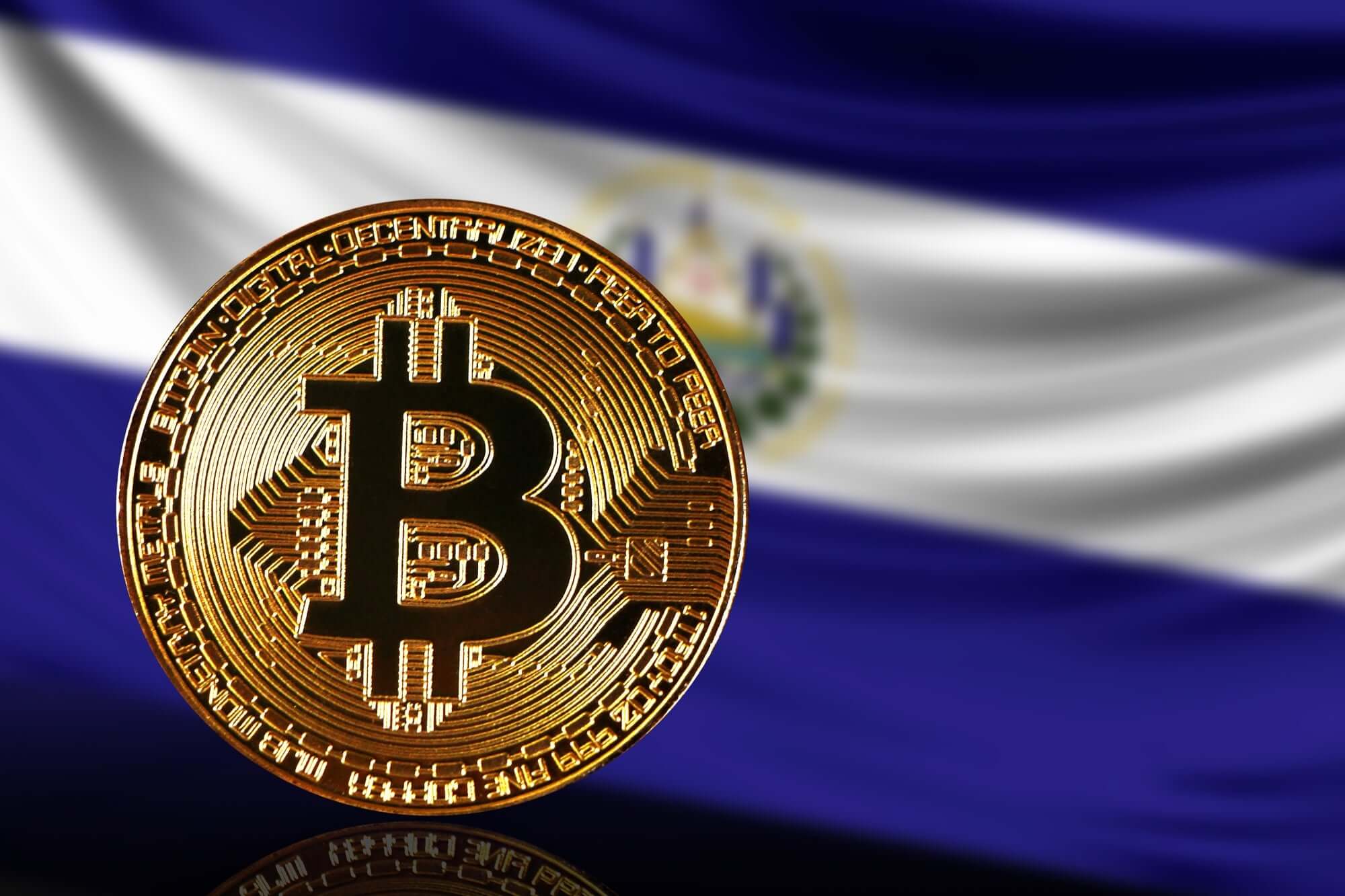El Salvador Defies Expectations, Continues Bitcoin Accumulation
28.04.2025 10:30 2 min. read Alexander Stefanov
While the International Monetary Fund (IMF) publicly claims that El Salvador has stopped accumulating Bitcoin as part of its loan agreement, blockchain evidence paints a different picture.
At an April 26 press briefing, Rodrigo Valdes, head of the IMF’s Western Hemisphere Department, assured reporters that El Salvador was complying with its non-accumulation pledge. Valdes also praised the country’s broader progress in fiscal reforms, transparency, and governance — reforms critical to securing a $1.4 billion loan deal signed in December 2024.
Key requirements tied to the agreement included scaling back Bitcoin initiatives, ending BTC-based tax payments, and modifying the national Chivo wallet project. The IMF emphasized that the program’s primary focus was broader economic stability, not Bitcoin.
However, on-chain data suggests that El Salvador has quietly continued to expand its Bitcoin holdings. According to the country’s National Bitcoin Office, El Salvador acquired 8 BTC over the past week and 31 BTC throughout the past month, bringing its total reserves to 6,159 BTC — worth over $580 million today. These purchases show a staggering near-100% profit compared to the country’s original investment.
Stacy Herbert, director of the Bitcoin Office, confirmed that the country is committed to growing its Bitcoin strategic reserve, positioning itself as a crypto leader while much of the world lags behind.
Beyond Bitcoin, El Salvador is aggressively courting tech innovation. Stablecoin giant Tether recently moved its headquarters to the country, citing its pro-crypto regulations, and El Salvador has signed a letter of intent with NVIDIA to help build sovereign artificial intelligence infrastructure.
In the face of international scrutiny, El Salvador seems determined to chart its own path — blending Bitcoin accumulation with a push to become a regional tech powerhouse.
-
1
Bitcoin to Track Global Economy, Not Dollars, Says Crypto Expert
09.06.2025 18:00 2 min. read -
2
Blockchain Group Bets Big on Bitcoin With Bold €300M Equity Deal
09.06.2025 22:00 2 min. read -
3
Bitcoin on a Path to $1 Million as Wall Street Embraces Digital Gold – Mike Novogratz
14.06.2025 19:00 1 min. read -
4
Bank of America Compares Bitcoin to History’s Most Disruptive Inventions
17.06.2025 14:00 1 min. read -
5
Here is What to Expect From Bitcoin by End of 2025
17.06.2025 19:00 2 min. read
Metaplanet Now Holds 13,350 BTC Worth $1.4 Billion
Metaplanet has expanded its Bitcoin treasury with a new acquisition of 1,005 BTC valued at approximately $108.1 million, further cementing its status as one of the largest corporate holders of the digital asset.
Bitcoin Averages 37% Rebound After Crises, Binance Research Finds
Despite common fears that global crises spell disaster for crypto markets, new data from Binance Research suggests the opposite may be true — at least for Bitcoin.
Bitcoin Mining Faces Profit Crunch, But No Panic Selling
A new report by crypto analytics firm Alphractal reveals that Bitcoin miners are facing some of the lowest profitability levels in over a decade — yet have shown little sign of capitulation.
Bitcoin Hashrate Declines 3.5%, But Miners Hold Firm Amid Market Weakness
Bitcoin’s network hashrate has fallen 3.5% since mid-June, marking the sharpest decline in computing power since July 2024.
-
1
Bitcoin to Track Global Economy, Not Dollars, Says Crypto Expert
09.06.2025 18:00 2 min. read -
2
Blockchain Group Bets Big on Bitcoin With Bold €300M Equity Deal
09.06.2025 22:00 2 min. read -
3
Bitcoin on a Path to $1 Million as Wall Street Embraces Digital Gold – Mike Novogratz
14.06.2025 19:00 1 min. read -
4
Bank of America Compares Bitcoin to History’s Most Disruptive Inventions
17.06.2025 14:00 1 min. read -
5
Here is What to Expect From Bitcoin by End of 2025
17.06.2025 19:00 2 min. read


